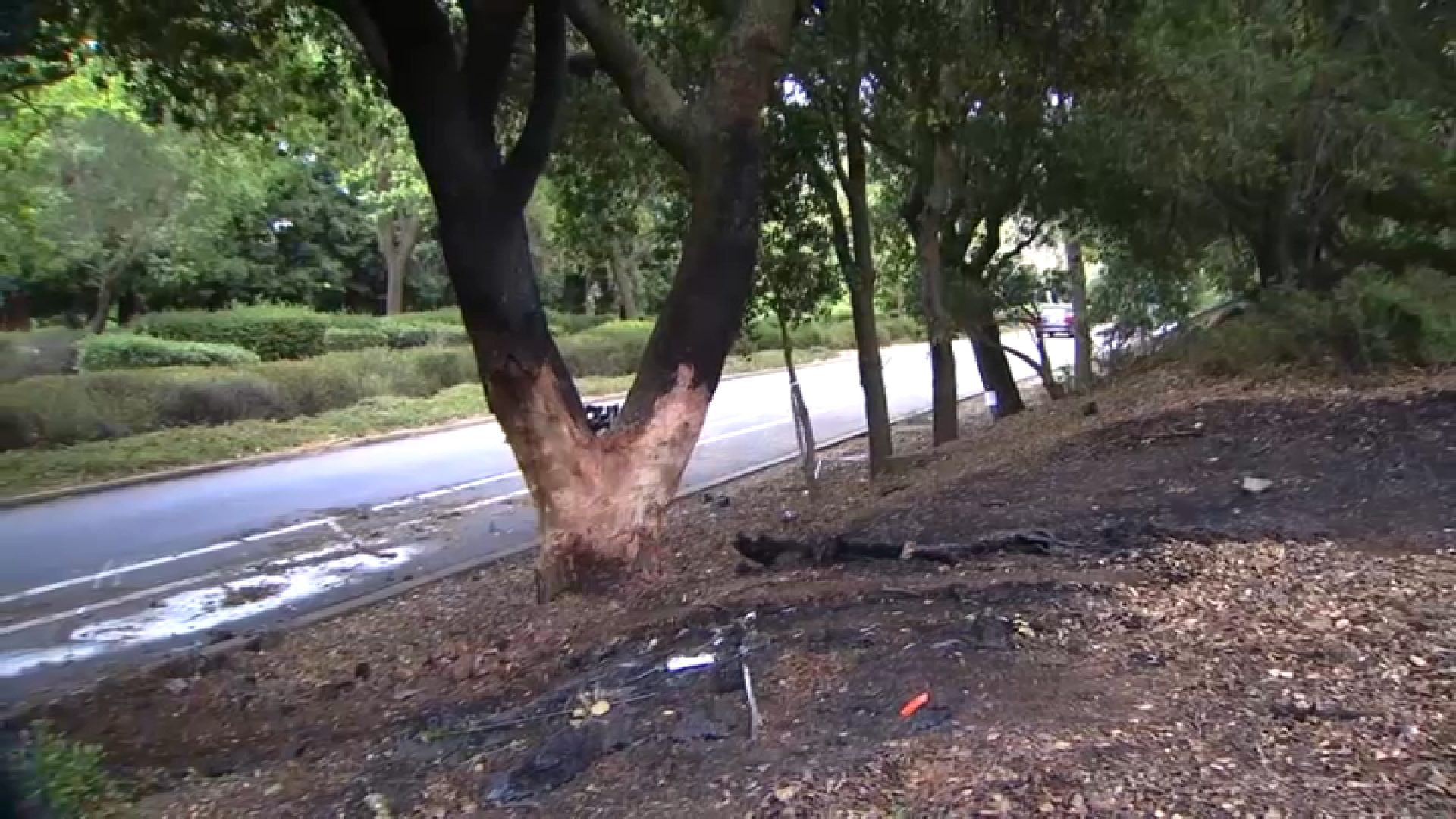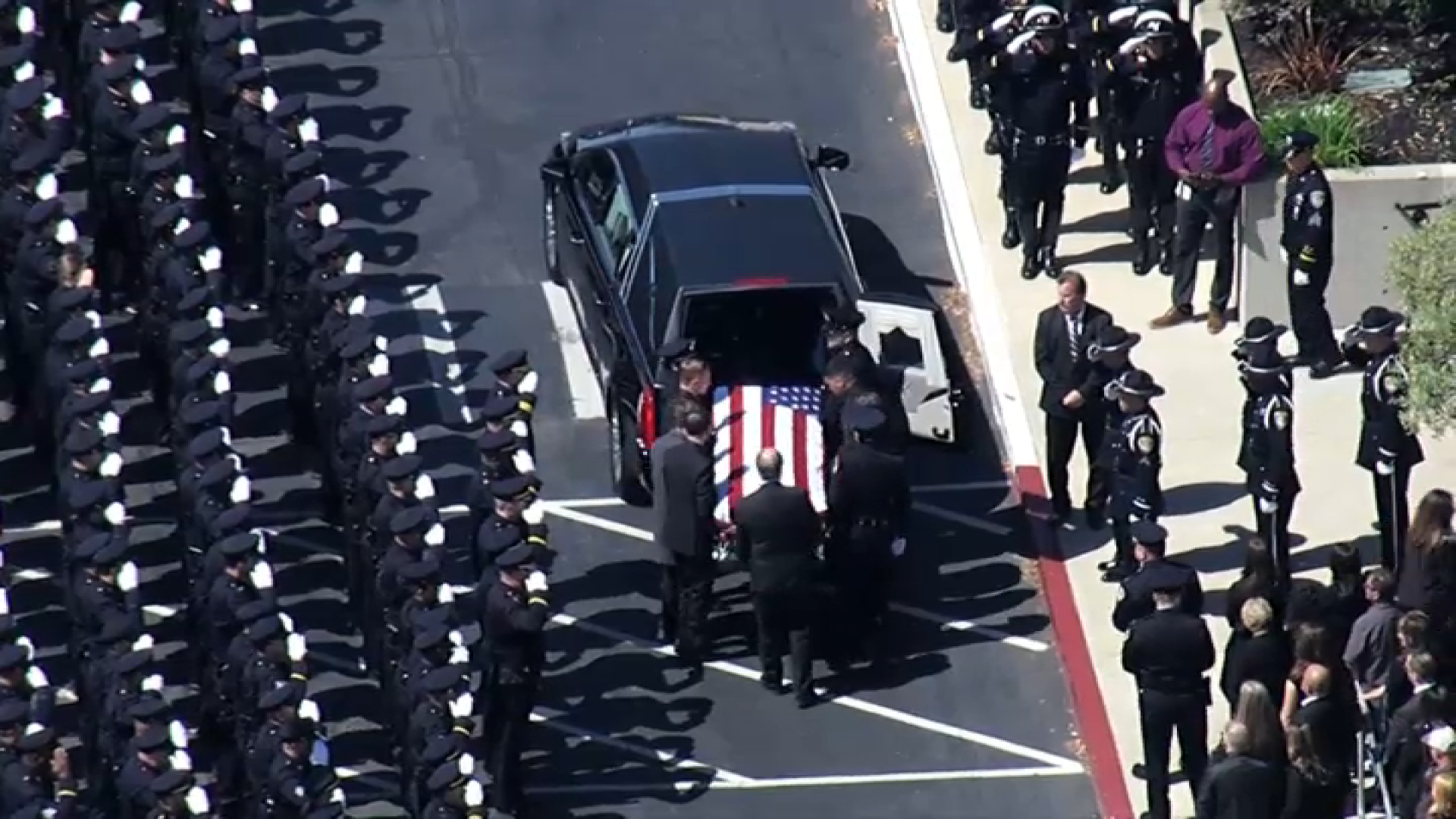The number of police officer suicides continues to rise, with 201 such cases nationwide in 2019, according to the nonprofit Blue HELP.
It's the highest rate in at least four years.
While police shootouts often get headlines, it's rare that those stories include the scars they can leave on officers' psyches.
Former San Jose officer Hau Ngo is one of those whose traumatic experience has stayed with him for years. In 2013, Ngo was waiting for backup to pull over two suspected murderers when the suspects came at him. The bullets started flying as he sat in his cruiser at a red light.
"As you can see, it still hits me," Ngo said. "The primary came up to my window and shot three rounds point-blank at me. By the grace of god, none of them hit me directly."
When the gunfire stopped, Ngo and his backup chased the men, who were eventually caught and convicted. Both Ngo and his backup were awarded for valor.
But the end of the case didn't mean the end of the memories. Even after mental health counseling, the traumatic images wouldn't go away, Ngo said.
Local
"It was just a wild night," he said. "I still remember it like it was yesterday."
Police Chief Eddie Garcia now requires every officer in San Jose who's involved in a gunfight or other traumatic event to go through treatment before they return to duty. He said that policy takes the decision away from the officer, who might fear the stigma of seeking help voluntarily.
"As we see around the country, police officer suicide is on the rise," Garcia said. "Were human beings. We have families. We have kids. Some may think if I wanted to ask for help, maybe perhaps I'm being looked at differently."
Ngo did talk about it with his family. They decided to ask him to turn in his badge.
"That was the hardest, one of the hardest days of my life because I absolutely loved my job," Ngo said. "I have a beautiful wife at home. Three children. Big loving family."
Ngo's family continues to look for peace after his trauma, and they now work to help others do the same.
"Don't keep it in," Ngo said. "If something is bothering you, just talk about it."
If you or someone you know is struggling and needs help now, people are available to talk with you 24 hours a day, seven days a week on the National Suicide Prevention Lifeline at 800-273-8255 or texting 741741.



